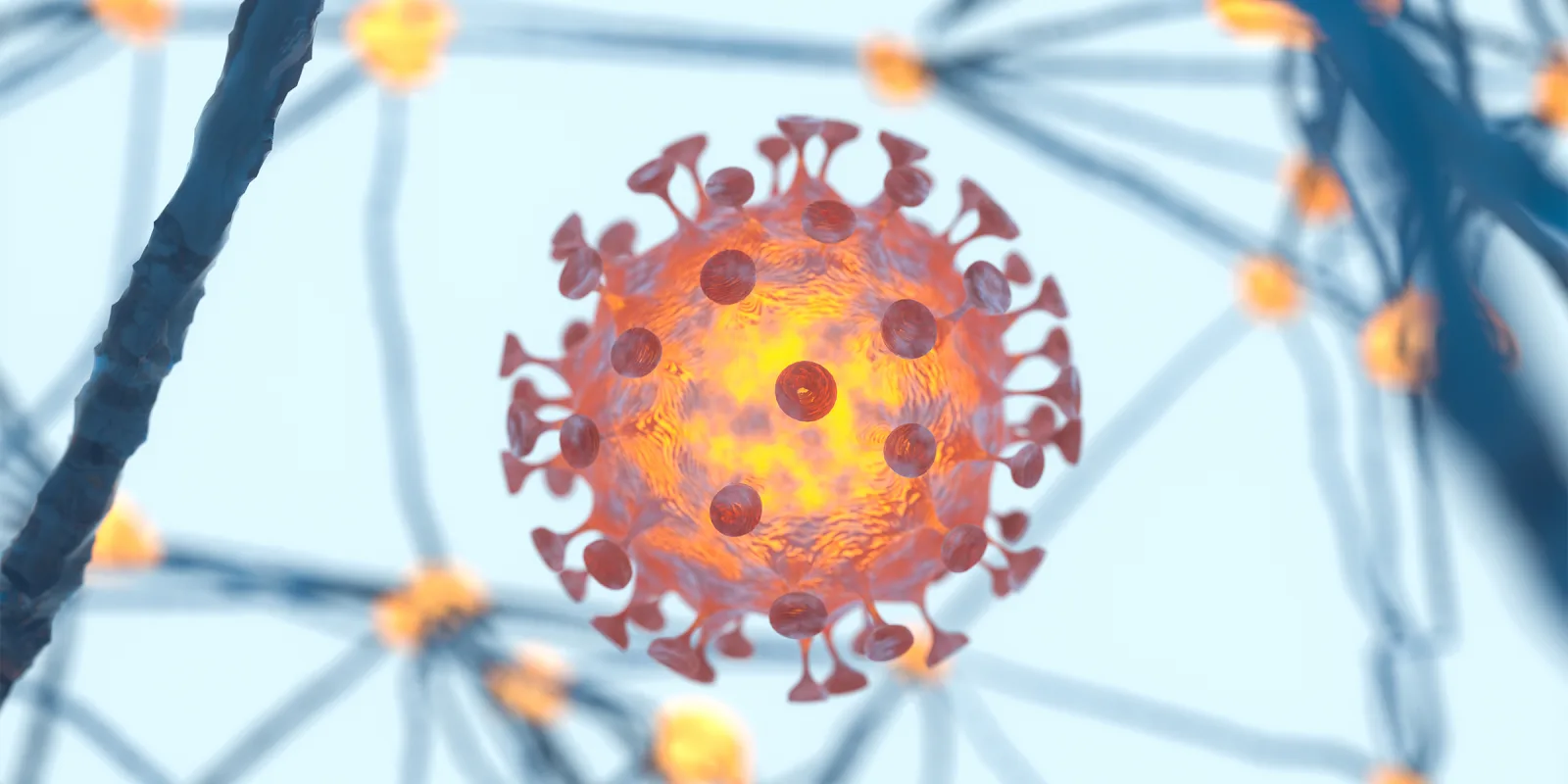The 2020 annual meeting was cancelled for the first time in the organization’s history because of the COVID-19 pandemic. Also, for the first time in the AAN’s history, this year’s meeting was held entirely in a virtual format. Given this limitation, the meeting, which combines scientific presentations with professional development and networking opportunities, was quite successful. An advantage of the format is that it facilitates an attendee’s ability to focus on the presentations they wish to attend. Because sessions are all recorded, it is also possible to watch a concurrent session at a later time. Although there were opportunities to ask questions after presentations, the virtual format is not particularly conducive to the type of networking that occurs during in-person meetings.
I generally use the annual AAN meeting for updates in areas of neurology outside of my subspecialty (vascular neurology), particularly to learn about new clinical trials and studies that can affect practice, emerging topics, and controversies. Many of these may have been published, but hearing authoritative discussions on topics helps put them into context and perspective. Highlighting a few:
A session on the neurological complications of COVID-19 featured a discussion by Dr. Walter Koroshetz, Director of the National Institute of Neurological Disorders and Stroke, and Dr. Fauci, Director of the National Institute of Allergy and Infectious Diseases. They reviewed the need for equity in vaccine accessibility, a study about to start on the risk of disease transmission after immunization, and research into the mechanisms of COVID-associated neurological symptoms. In that same symposium, Dr. Chu presented observational data from the Global Consortium for Neurological Complications of COVID-19. The data comes from three international cohort studies. Most patients with severe infection have some neurological complication, the most frequent being a non-specific encephalopathy (problems with alertness or thinking affecting about half of patients). Only about 3% had a stroke in the setting of a COVID-19 infection. Work is also in progress to better understand long-term neurological symptoms after COVID-19 infection.
In another session, Dr. Mikkami discussed work on the neurological complications of immune checkpoint inhibitors, now being used to treat some types of advanced hematologic malignancies. A variety of neurological conditions are associated with the use of these drugs, including encephalopathy, muscle inflammation (myositis), myasthenia gravis (affecting muscle strength), and Guillain-Barre syndrome. The risks were higher when multiple checkpoint inhibitors were used. Myasthenia gravis and myositis were more frequent in those older than 60 years and myositis more frequent in men.
Of the many clinical trials that were presented, one suggests that an oral calcitonin gene receptor protein antagonist, Atogepant, may be effective in prevention of migraine headache. A study of the longer-term effects of spinal cord stimulation for treatment of painful diabetic neuropathy suggests benefit for up to 6-months.
Larry B. Goldstein, MD, FAAN, FANA, FAHA is the Ruth L. Works Professor and Chairman, Department of Neurology at the University of Kentucky.







